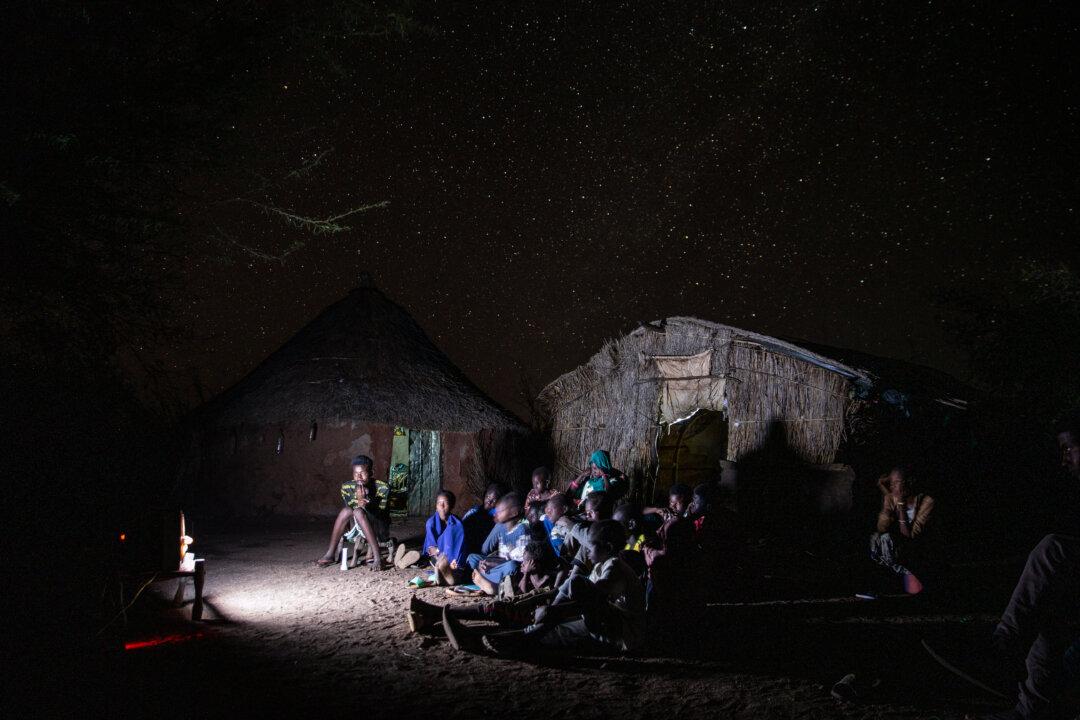Commentary
A sober appreciation for the trade-offs implicit in far-flung net-zero goals is desperately needed. If a just energy evolution is to occur, it won’t be a result of top-down mandates that impede developing nations’ sovereignty and limit the range of energy options available for consumers. It must be a product of innovative solutions, tailored to different regions’ unique needs and priorities, with the ultimate goal of enhancing living standards for people around the world.

